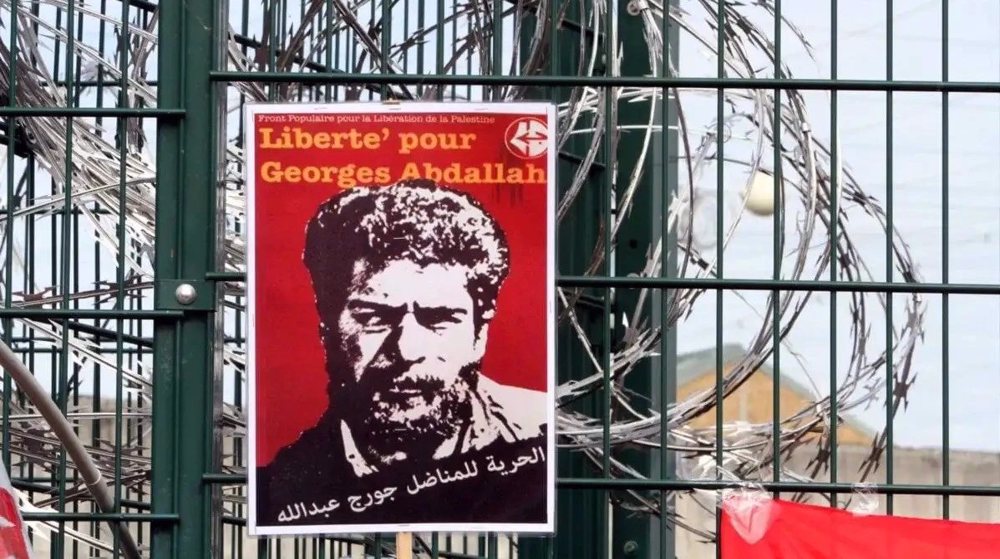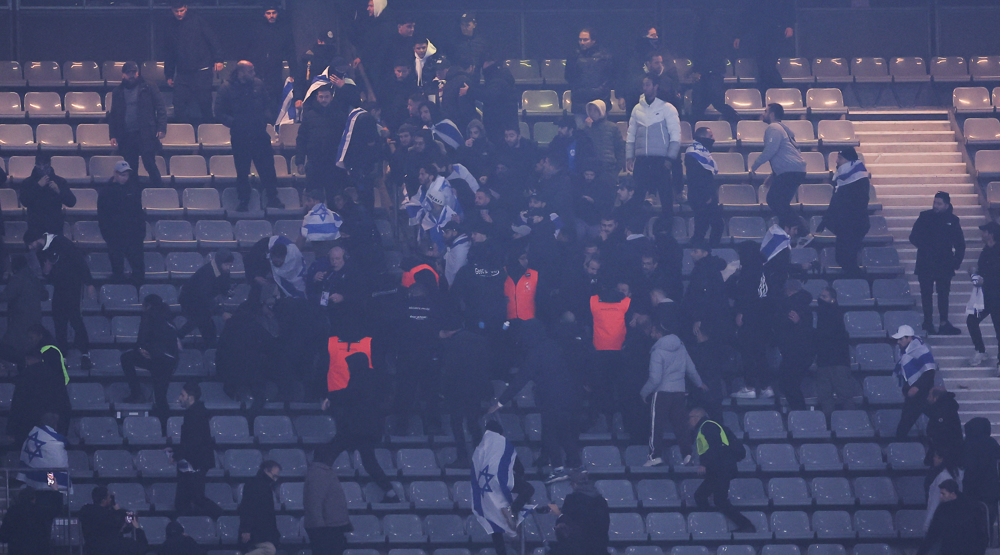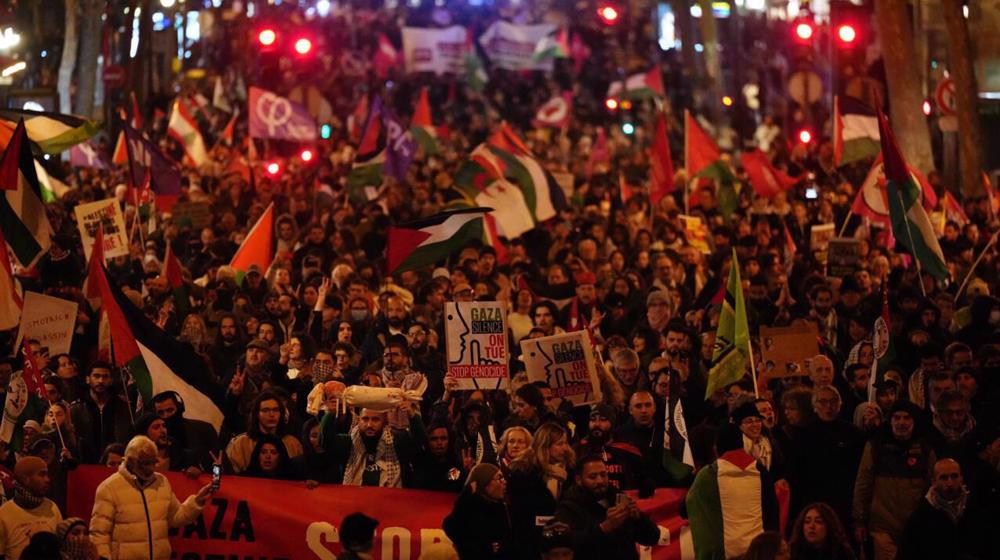France won't extend state of emergency beyond July 26: Hollande
French President Francois Hollande says France will not extend a state of emergency which was imposed after last November’s deadly terror attacks by the Daesh Takfiri terrorist group in and around the capital, Paris.
Hollande told journalists in a traditional interview on Bastille Day, France's national day, which is celebrated on July 14 each year, that the government would not extend the emergency beyond July 26.
"We can't extend the state of emergency indefinitely, it would make no sense. That would mean we're no longer a republic with the rule of law applied in all circumstances," Hollande said.
The state of emergency was imposed after assailants struck at least six different venues in and around Paris on November 13, 2015. The terrorist attacks, claimed by Daesh, left 130 people dead and over 350 others wounded.

On January 22, French Prime Minister Manuel Valls said in an interview that France would seek to keep the state of emergency in place until the end of what he called the “global war” against Daesh terrorists.
“As long as the threat is there, we must use all the means,” he said, adding that the state of emergency should stay in place “until we can get rid of Daesh.”
The French premier also called for a “total, global and ruthless” war against Daesh, which has swathes of land under control in Iraq and Syria since June 2014.
The exceptional measures adopted under the state of emergency empower the French police to keep people in their homes without trial, searching houses without judicial approval and blocking suspicious websites.
The measures also included a ban on public demonstrations and allow authorities to dissolve groups inciting any acts that seriously affect public order in France.
France had twice extended the state of emergency. The last time, Paris extended the measure until July 26 to cover the Euro 2016 soccer tournament and the end of the Tour de France cycling race.
Hezbollah attacks Israeli forces after Lebanese homes blown up
World leaders, states hail ICC arrest warrants for Netanyahu, Gallant
MP: US accountable for possible Israeli 'foolishness' to attack Iraq
VIDEO | Israeli policies strangle Palestinian agriculture, economy
Iran's president offers condolences to Pakistan over terrorist attack
Canada’s Yukon town council at standstill over refusing oath to King Charles
Yemen's Houthi calls for jihad to protect Palestine against Israel
VIDEO | Internal rifts within Israel














 This makes it easy to access the Press TV website
This makes it easy to access the Press TV website